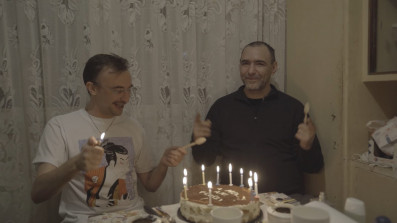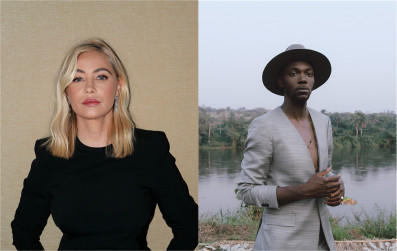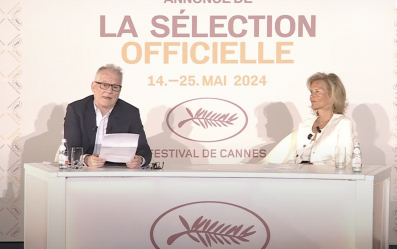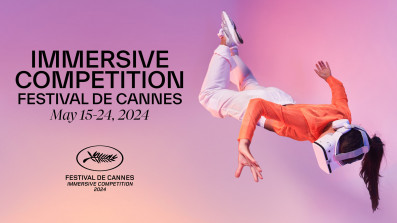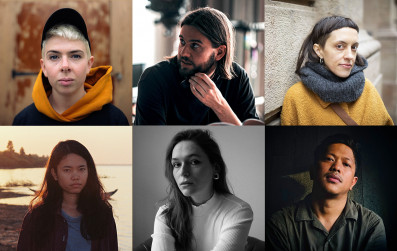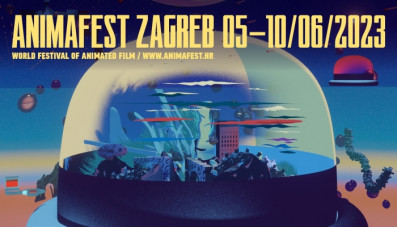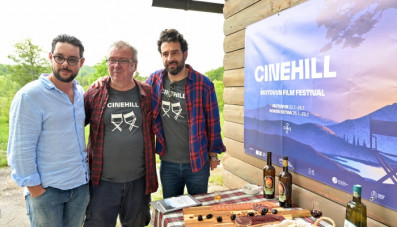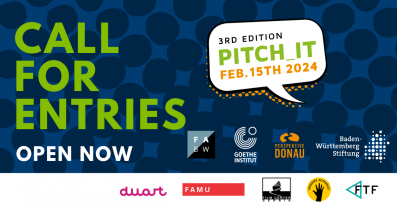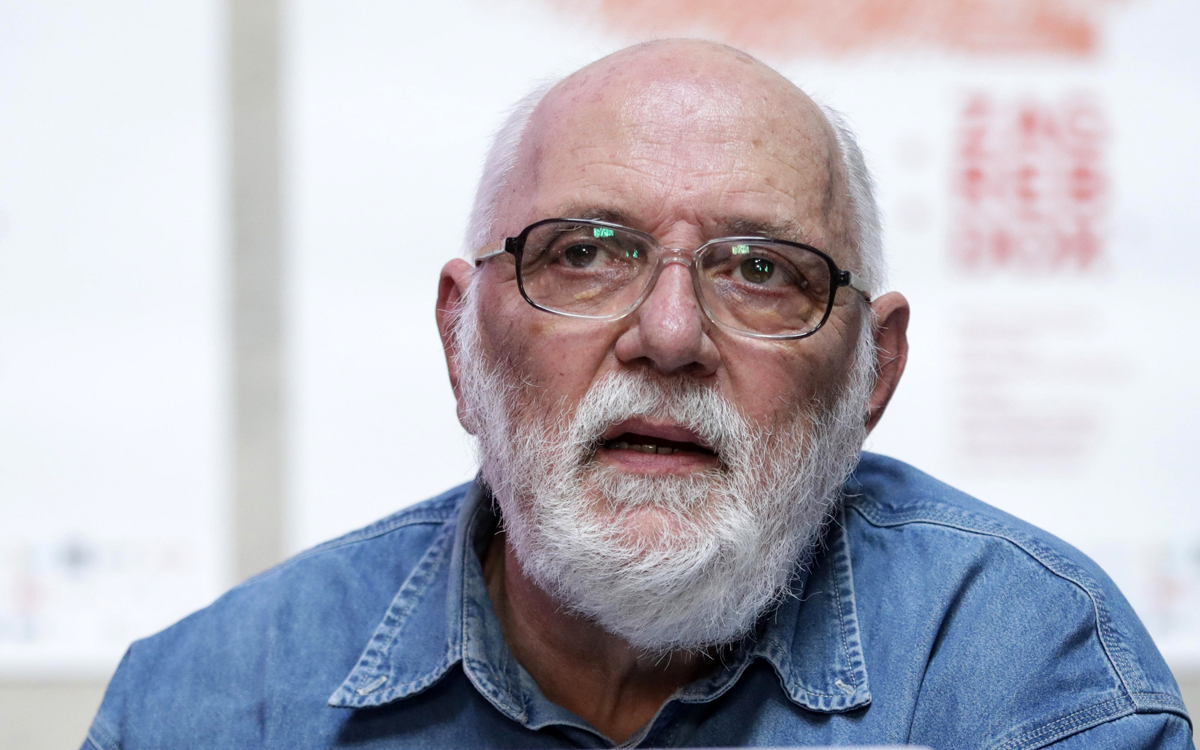
We are trying to extract things that are less well known and that are not talked about by big televisions and systems - interview with Nenad Puhovski
Currently, the 18th edition of the largest Croatian documentary film festival is being held in Zagreb, which this year presents 82 films
Last week we talked with Nenad Puhovski, film director, founder and CEO of Faktum and director of the ZGDOX festival (which had its 18th edition this year).
Puhovski spoke about the festival, the end of the pandemic, the beginning of the war in Ukraine and all other turbulences affecting documentaries. We also talked about the documentary form as a medium that has done significant work in our region and its contribution to the "dealing with the past" topic as well as the new wave of directors.
"We documentarians are not an information medium. We can't react in real-time. Our job is to interpret things and present them from a personal perspective. From its inception, ZGDOX has been a festival that insisted on authorial creative documentaries rather than journalistic, reporting and classic industry as the BBC or National Geographic do. So this year we have several films dealing with the topic of Ukraine, showcasing something that has been happening there for the last eight years. "
Speaking about opening up topics dealing with the past through film, Puhovski says: "We started as Faktum 25 years ago, as ZGDOX 18 years ago and we always tried to say what seemed to us to be human truth. We never pretended that what we say is the only and absolute truth, but we talked about people going through some situations and horrors. It was like that in Croatia when it comes to Faktum, it is like that in the world when it comes to ZGDOX. We have shown those things that others generally did not, especially as far as Faktum is concerned in the early years. We were among the first here to start communicating some topics and re-examining the events of the war. We started with an autobiographical statement, and returned Croatian documentaries to issues concerning neglected groups… As for the festival, we also tried to extract some things that are less known and that are not talked about by major televisions and systems. We have filled in the picture provided by the news media, which has a completely different task.
In the last 25 years, I have found four things: Faktum, the documentary workshop of the Imaginary Academy in Grožnjan, ZAGREGDOX and finally the master's degree in documentary film at the academy. It’s all part of one, I won’t say project, but some kind of attempt to improve the place of documentary film as something very important in cinematography. Before that, we had different kinds of documentaries, at times even quite directed documentaries. A whole generation of young filmmakers grew up with a sense of freedom they didn’t have before, which we gave them as a production, and there was new technology and a way of distribution. But above all, the important feeling is that there are no forbidden topics and something that should not be talked about. We were the first to show a gay film in Croatia, we released Baljko's film about Vukovar at ZGDOX, where we had police security. Then we tried to break taboos, not to be something very revolutionary, but because we thought we owed our viewers openness and insight, and it is up to them to choose what interests them. "
We had to shorten the conversation because the lecture on Tik Tok, a new medium for documentary purposes, was starting. "Tik Tok is a new, different understanding of reality, which on the one hand deals with make-up, and on the other hand in the war in Ukraine has a very important role in transmitting the information. Even Tinder was used for these purposes at one point. It is an interesting, new world, and we want to be a part of that world. "- said Nenad Puhovski at the end.
Variation of the interview published at BUKA,
The full interview in audio form in B/C/S can be found here



